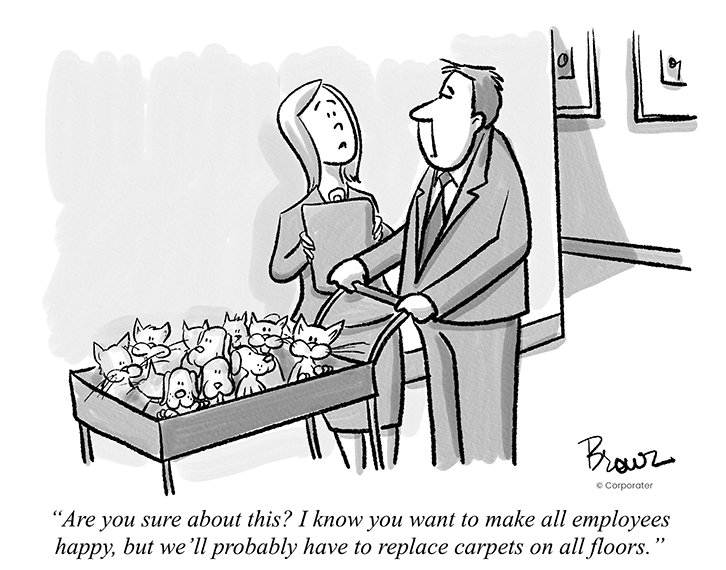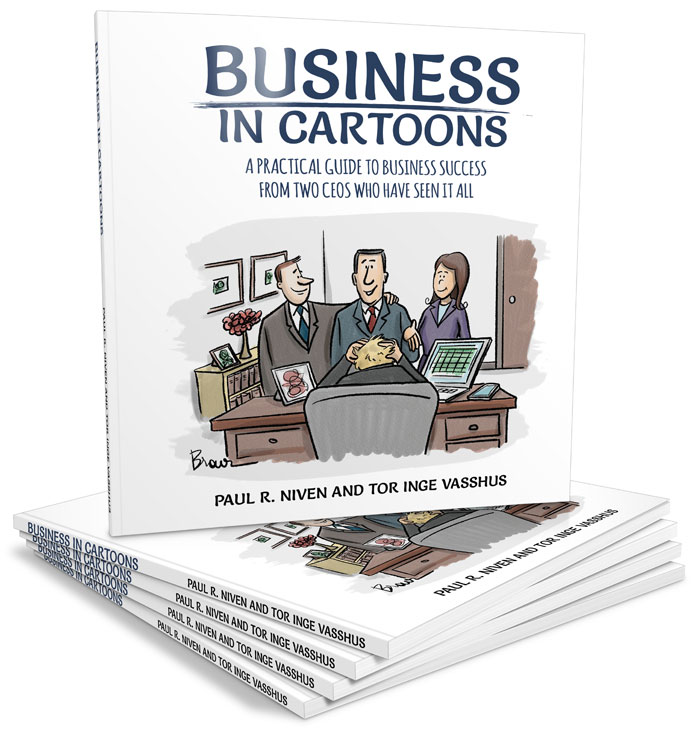
During the height of the global financial crisis in 2008, the CEOs of America’s “Big Three” automakers: General Motors, Ford, and Chrysler, appeared before the United States Congress requesting a bailout of fifty billion dollars to keep the teetering industry afloat.i That’s a mighty big tin cup to be rattling, and you’d expect it to be extended with a significant dose of humility. However humble the executives may have appeared in their plea to the government, their cause was significantly undermined by the fact that all three had flown to Washington on corporate jets. The lawmakers were apoplectic about this gross irony and scolded the CEOs relentlessly for their excessive spending in a time when extreme austerity was warranted.
Based on the reaction of Congress, and the public opinion nightmare that ensured, Ford CEO Alan Mulally immediately promised he would sell Ford’s fleet of jets. This reaction seems logical given the maelstrom of controversy the jets had caused, but did it actually save Ford any money? No, and this is where the law of unintended consequences comes into play.
Given the fragile state of the economy at the time there were precious few buyers for a fleet of “previously enjoyed” corporate jets, and thus they sat unused in a company hangar. Of course, planes require maintenance, and Ford spent a considerable sum keeping the planes readied for potential sale. Mulally still needed to travel frequently during this period, however, and for security reasons commercial carriers were out of the question. Thus, the company spent even more money on chartered jets, and because Edsel Ford controlled the local charter company (can you say conflict of interest) the company was forced to use a service out of the area, which sent costs spiraling even higher. In the end, Ford’s jet costs increased significantly, and dozens of the company’s transportation employees lost their jobs.ii The debacle represents a quintessential example of unintended consequences in action.
This should serve as a cautionary tale to all of us. Our actions, including the measures we put in place to monitor the execution of strategy, will drive behaviors, actions, and outcomes, some that we can anticipate, but others more deleterious, that we may not foresee. Here are some suggestions for mitigating the law of unintended consequences.
- Make educated bets
Whenever we put a new system into place or begin tracking a novel metric, we’re basically making a bet. We’re betting that the action we’re taking or the measure we’re examining will lead to improved outcomes in the future. But in the end, they are just bets, or hypotheses. The best we can do is bring this notion into our consciousness at the outset of the process and attempt to anticipate all of the possible outcomes, good and bad. While we can never entirely eliminate the law of unintended consequences, we can mitigate it by including as much information as possible at the beginning of the process. - Involve those impacted by the action or measure
It’s not uncommon in any realm, politics and business being just two high profile examples, for those making decisions to be separate and distinct from those who will be affected by the decisions. Before launching an action or creating a measure, draw on the opinions and advice of those it will immediately impact. They are likely to contribute esoteric knowledge and real-world stakes that may be missing from higher-level discussions. - Research what others have done
Chances are you’re not the first to consider whatever it is you’re planning to do or monitor. Look both within and outside your organization for evidence from others. What has occurred elsewhere, and how can you modify your actions to enhance the outcomes they achieved, while minimizing any negative consequences?
Unfortunately, crystal balls exist only in the world of fiction. Those glowing orbs that allow their holders the privilege of seeing the future with clarity and accuracy aren’t available to those of us dwelling here on planet earth. Fortunately, such a magical device isn’t necessary to avoid the pitfalls of unintended consequences. In the end, all you require is a commitment to think carefully about the ramifications of your actions.

